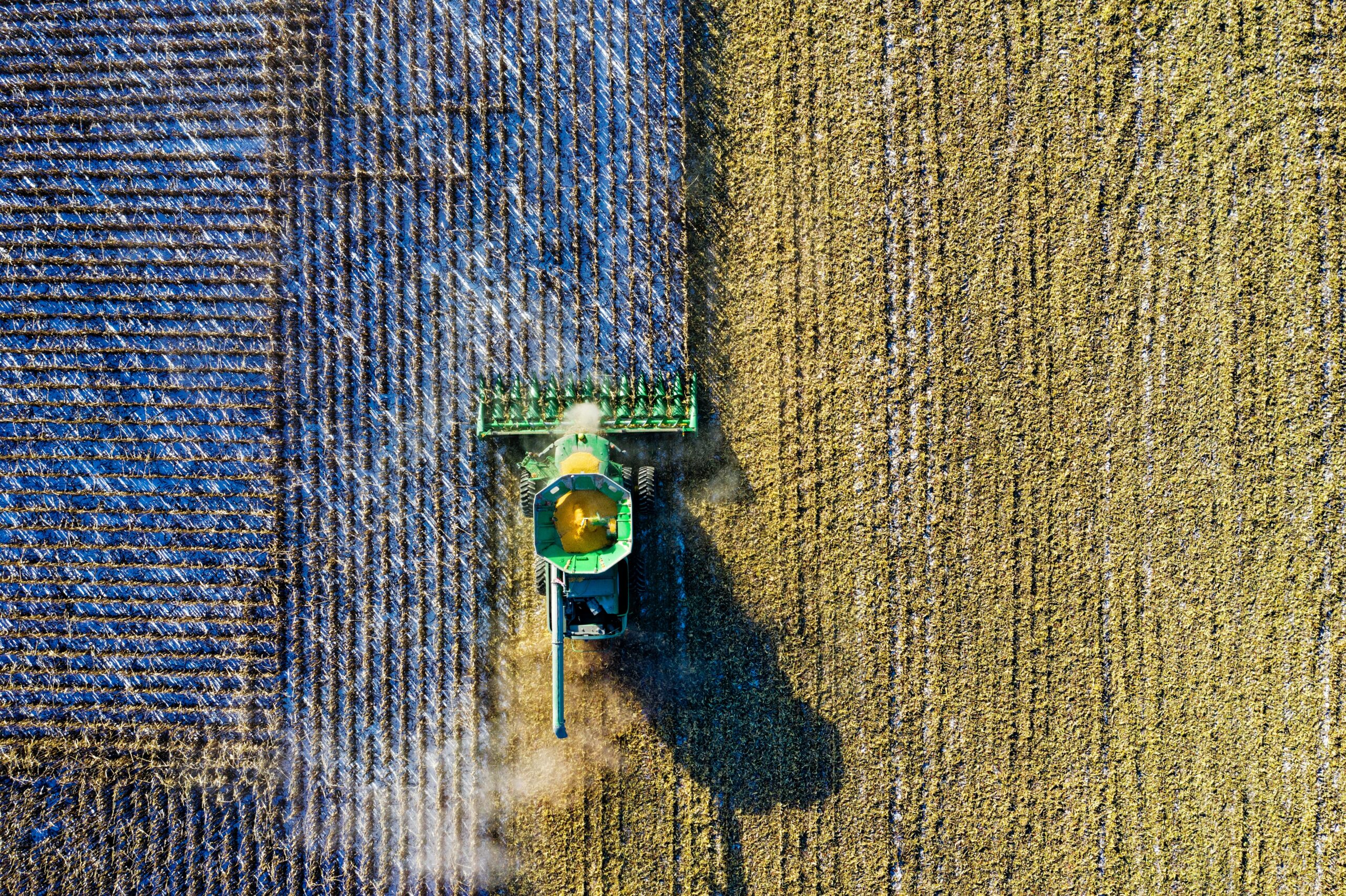
A new, free, class is now available for farmers to learn about the importance of phosphorus removal structures. There are seven narrated modules that cover everything from a basic overview of these structures to the disposal of spent phosphorus sorption materials. “These videos explain the basics, and then get into all the details necessary for designing and constructing phosphorus removal structures,” said Chad Penn, an Agricultural...
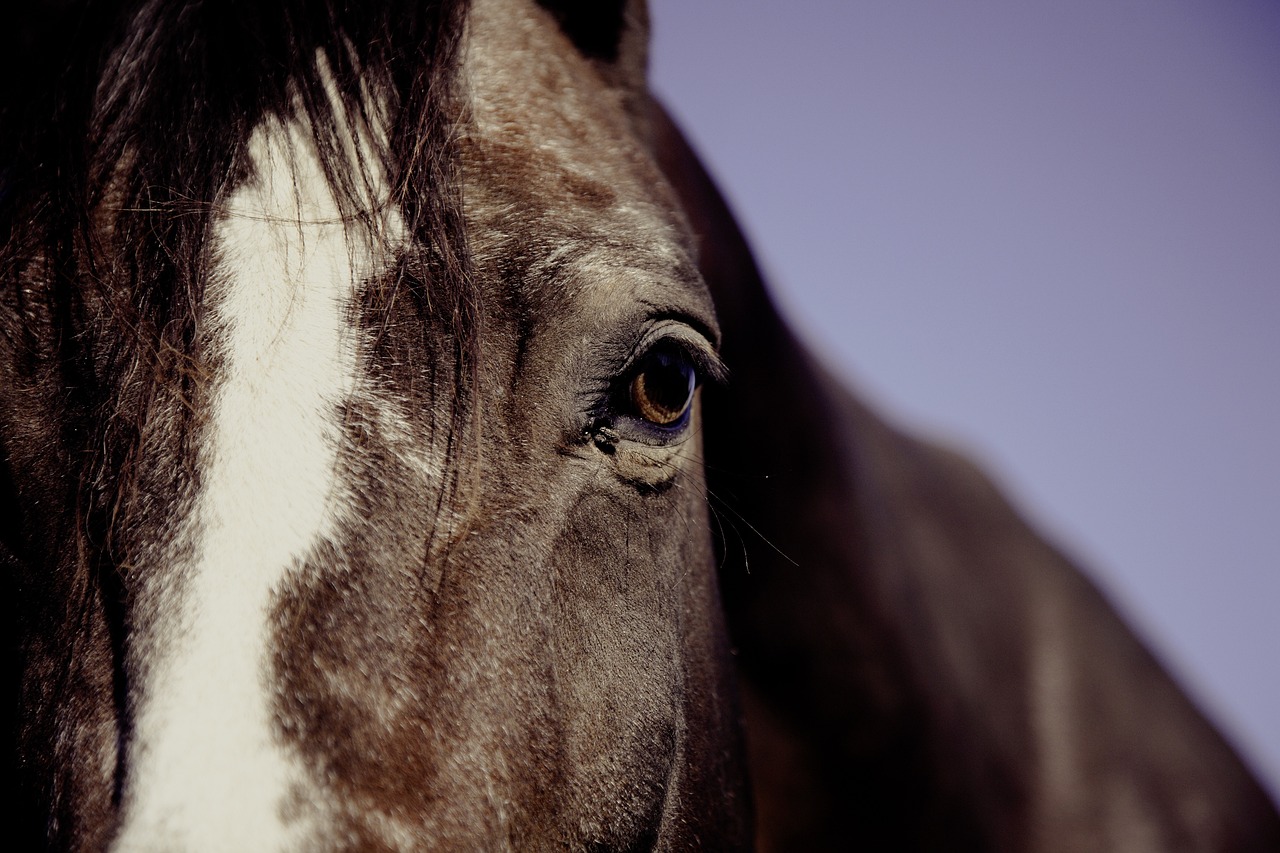
To keep horses healthy, core vaccines are needed including West Nile Virus, Eastern and Western Equine Encephalomyelitis, tetanus and rabies. For West Nile Virus and Eastern and Western Equine Encephalomyelitis, the vaccines should be given every 6 months due to the population of mosquitos in Florida year-round. Consult a veterinarian when deciding which vaccines to give a horse.
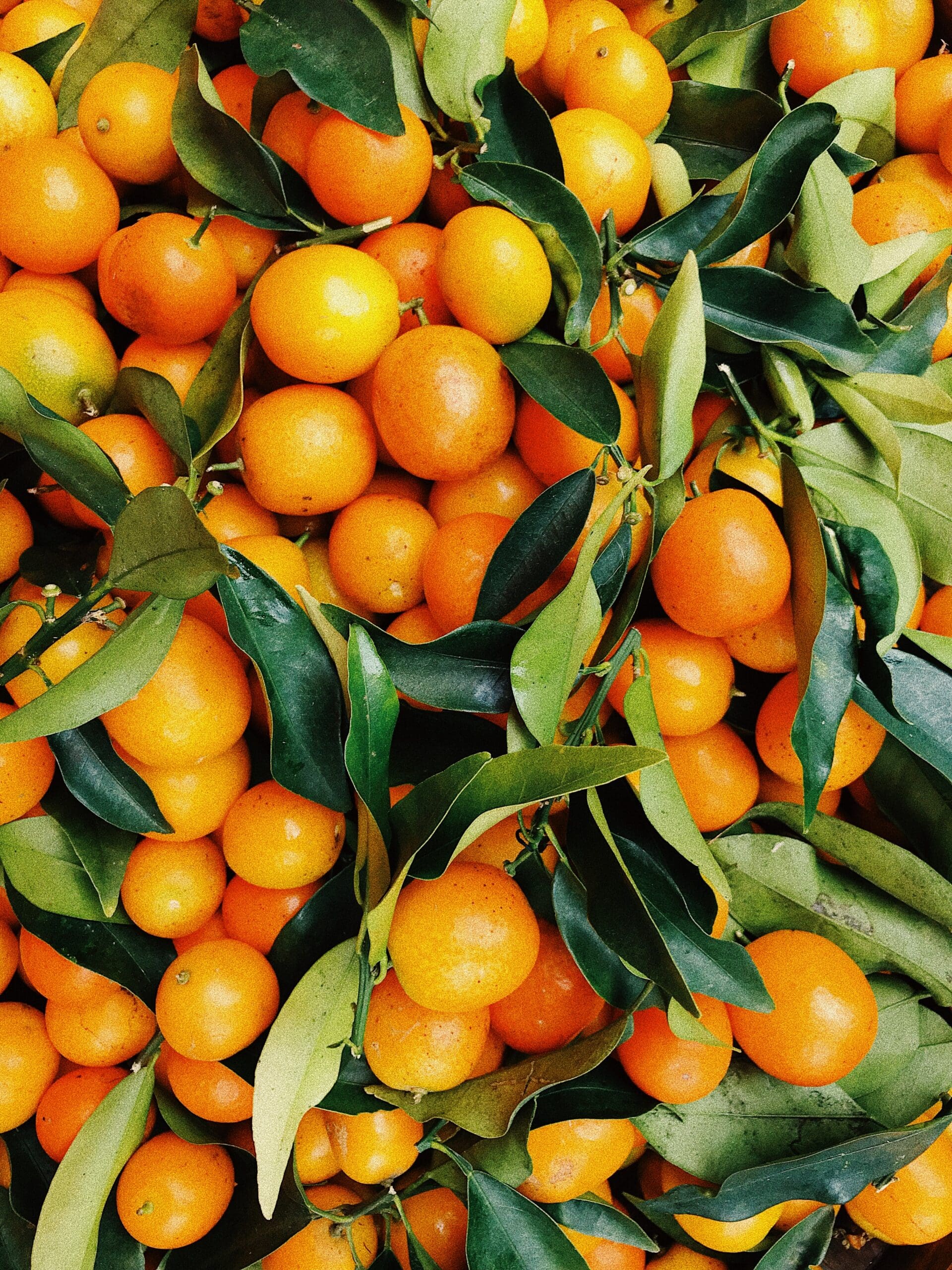
The numbers were released for the 2022-2023 Florida citrus season, and it shows a significant drop from last year's season, 15.85 million boxes compared to last year's 41.2 million boxes. This is the worst season that Florida has seen in almost a century: the 1929-1930 season. Hurricane Ian made a huge impact on the groves this year, and chances of next year's season improving are slim as stressed trees are recovering and new trees are being...
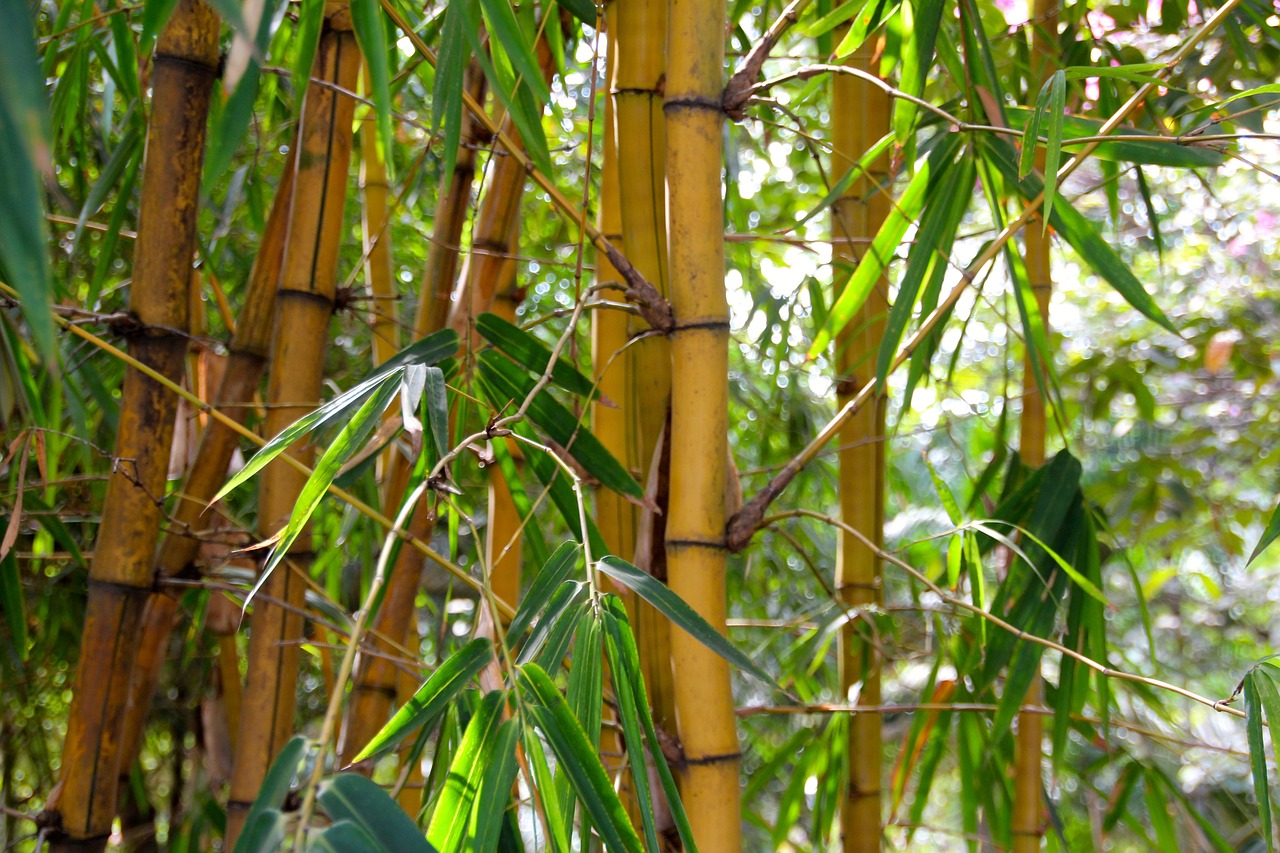
Orange is the new Black? More like Bamboo is the new citrus. Grove owners have been looking for a new crop to take place of greening infested groves. Bamboo offers strong and flexible fibers, flavorful shoots that can be used in many different dishes, medicinal properties, sustainable timber and artistic properties, and bamboo is eco-friendly. By growing bamboo, grove owners can open many doors to other industries to grow here in Florida. ...
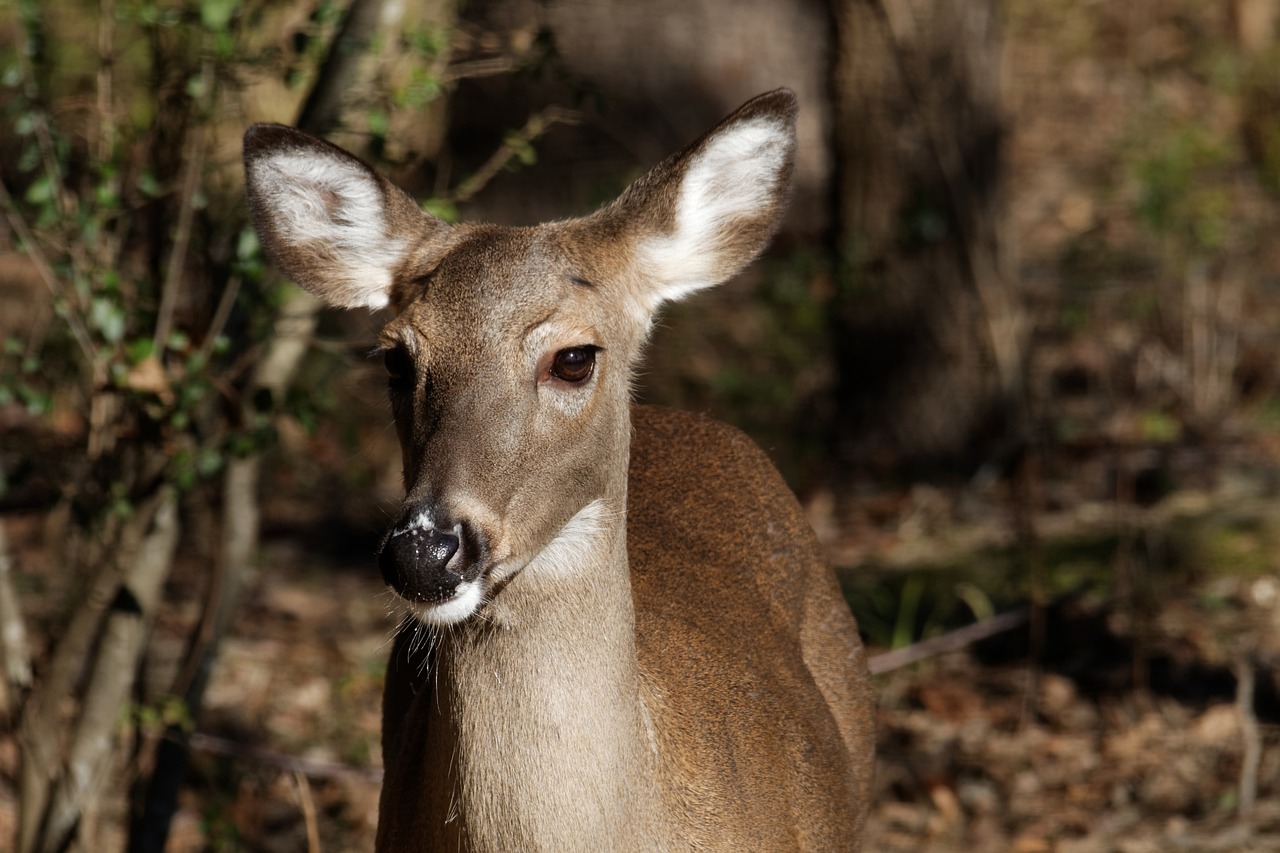
Chronic Wasting Disease (CWD) was found in Northwest Florida and officials are working quickly to collect samples to see how much the disease has spread so far. The first deer in Florida that tested positive was a "road-killed" doe found in Holmes County. CWD has been described as being similar to mad cow disease in cattle as it effects the nervous system and neurological state of the animal.
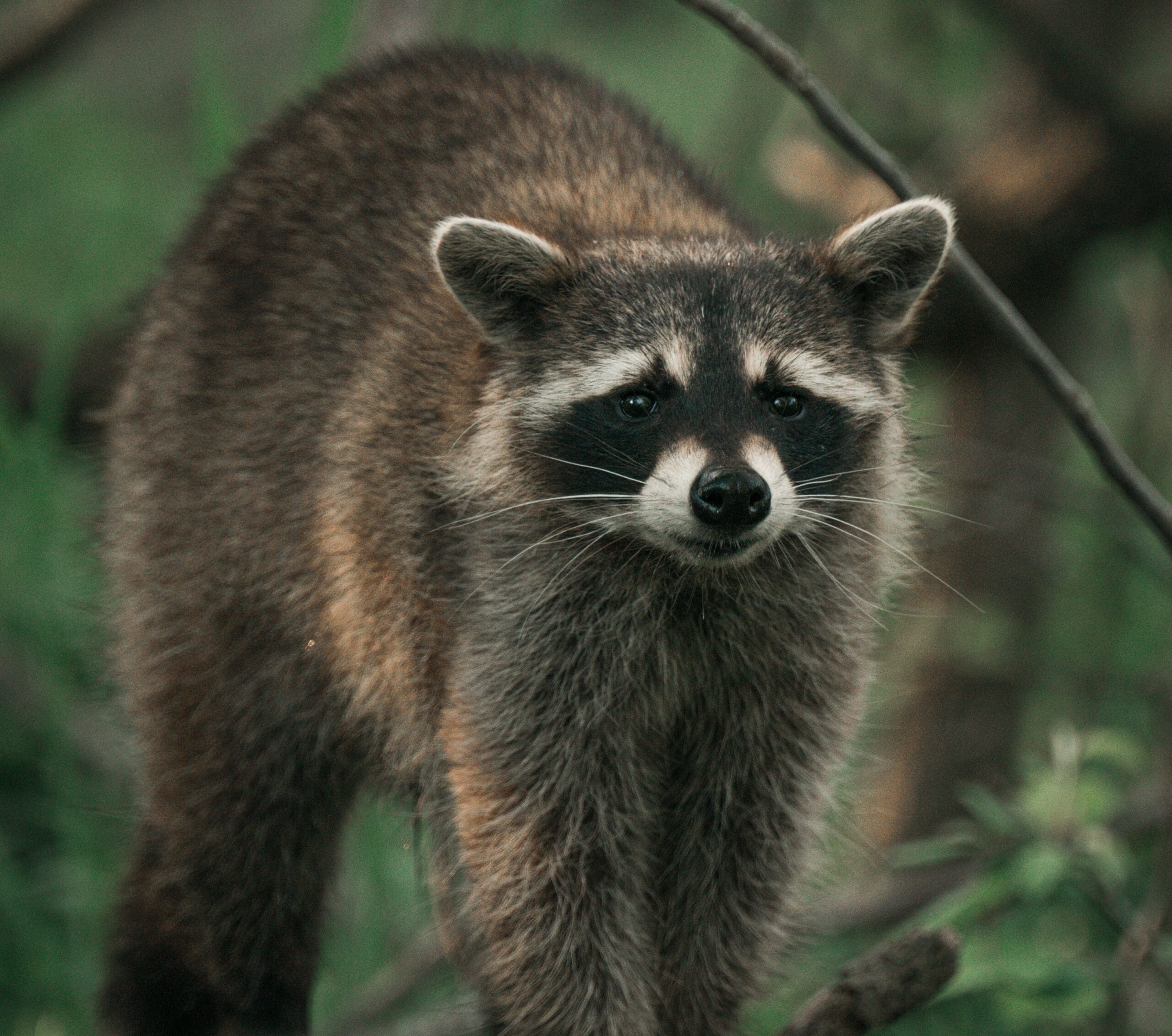
The United States Department of Agriculture (USDA) announced that it will be investing at least $500 million in wildlife conservation over the next 5 years. This includes using the USDA Natural Resources Conservation Service (NRCS) and the Farm Service Agency (FSA) to assist farmers, ranchers, private forest owners, and tribes by focusing on working lands and hiring for those key positions.
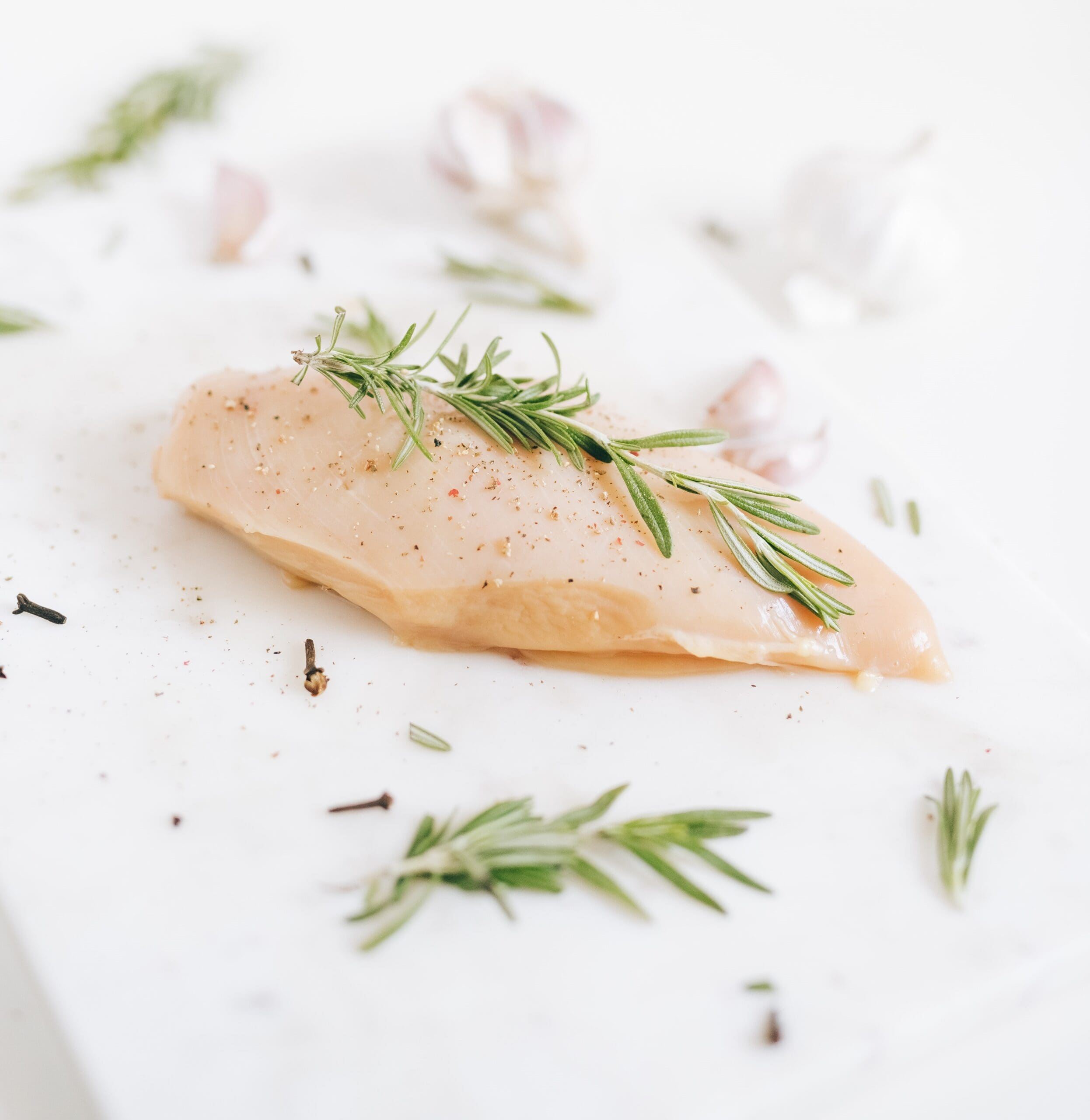
Lab-grown chicken products from the companies GOOD Meat and UPSIDE have been cleared by the USDA for sale in the United States. This lab-grown meat is made by taking stem cells from an animal and then feeding it with the required nutrients in a machine called a bioreactor before it is separated by a centrifuge.
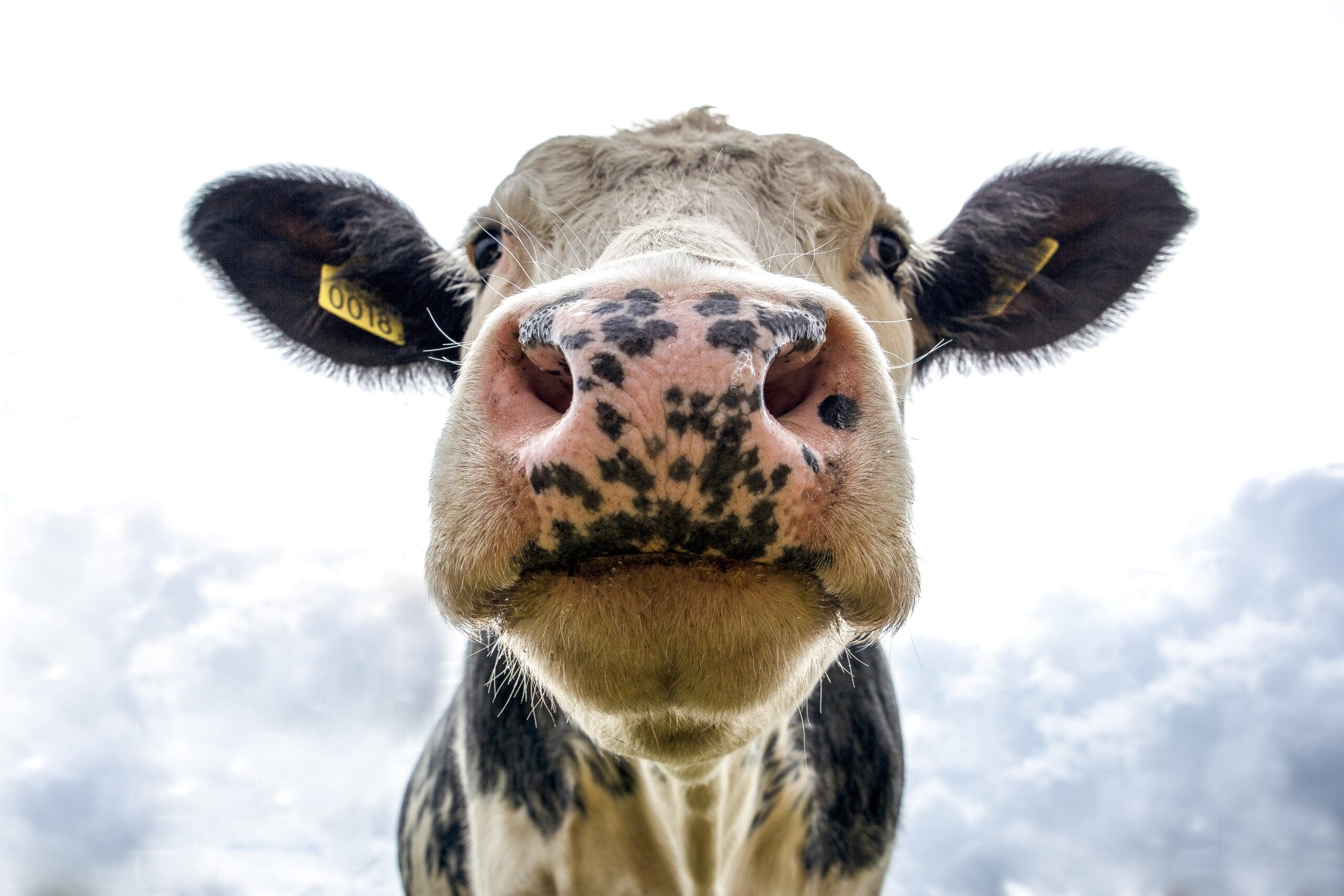
The United States Department of Agriculture's (USDA) Animal and Plant Health Inspection Service (APHIS) announced last week that an atypical case of Bovine Spongiform Encephalopathy (BSE) was found in a 5-year-old cow during routine surveillance. A radio frequency identification tag was found on the cow that traced back to a ranch in Tennessee. A thorough investigation will be conducted by USDA APHIS to determine how this happened.
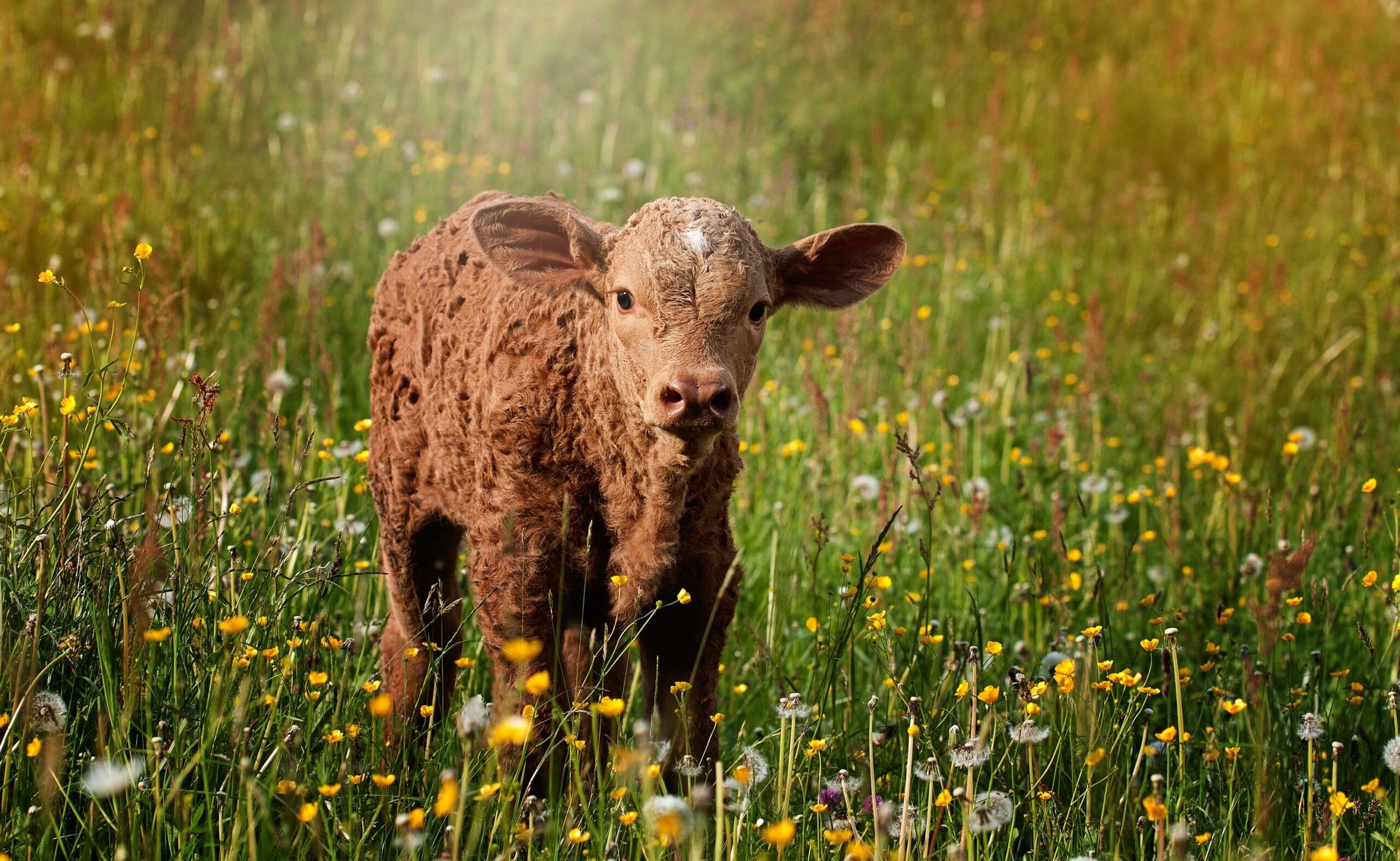
Ginger, a calf born on July 19, 2021, is the first gene-edited calf born with a resistance to bovine viral diarrhea virus (BVDV). The calf was born healthy, and once it was a few months old they housed it for a week with a BVDV-infected dairy calf. After the week was up, Ginger showed no symptoms of BVDV. Gene editing could be the new normal in the cattle industry to help offset the billions of dollars that ranchers lose each year to this virus....
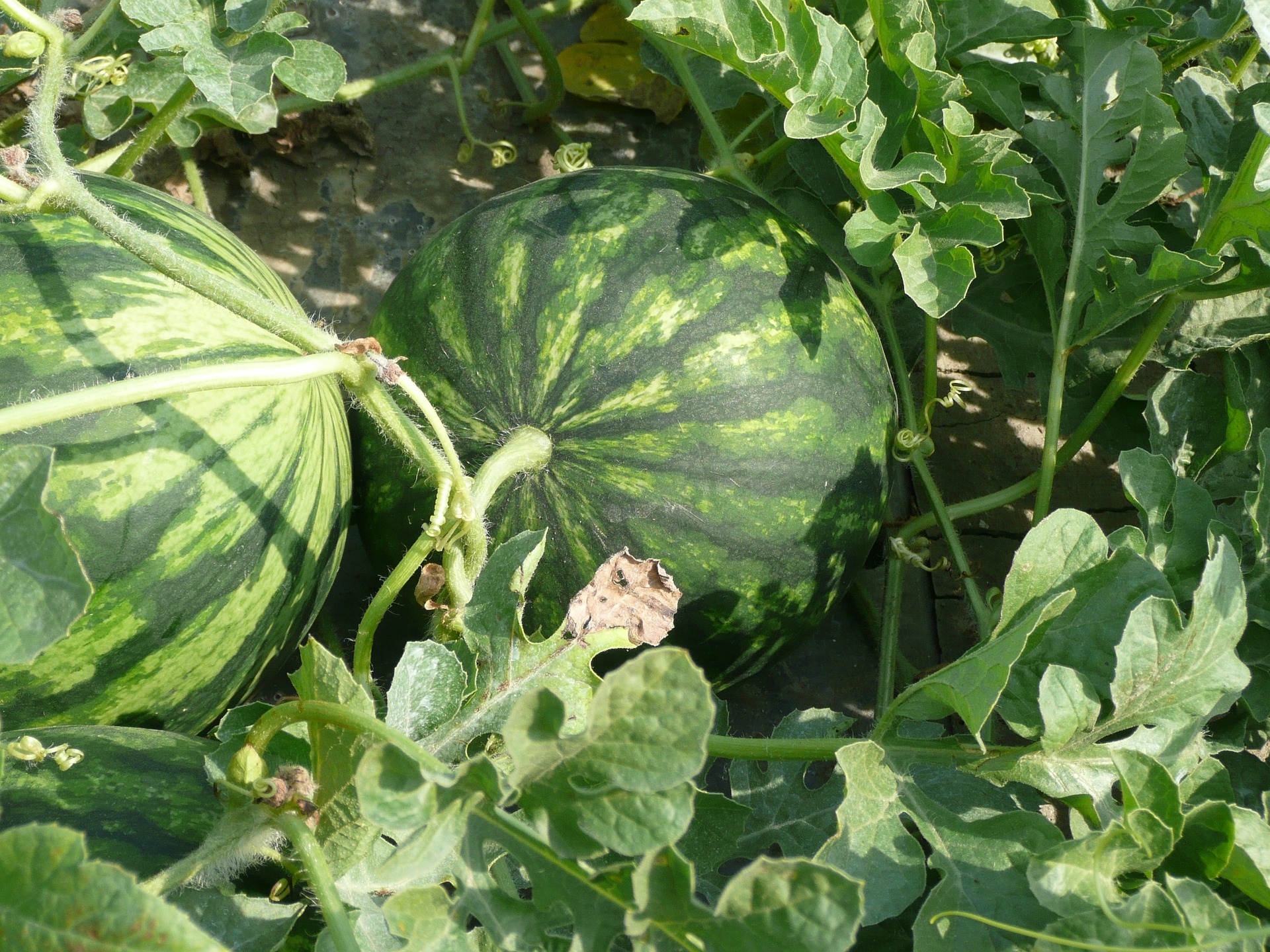
One field in North Florida has confirmed the presence of Downy Mildew in watermelon fields, South Georgia and South Alabama should be on the lookout as this disease spreads rapidly by wind. “The way that this disease typically moves, it moves from south to north." said Bob Hochmuth, University of Florida Institute of Food and Agricultural Sciences (UF/IFAS) Regional Specialized Extension agent in Live Oak, FL.










